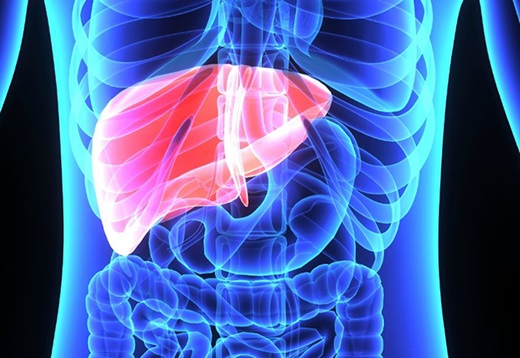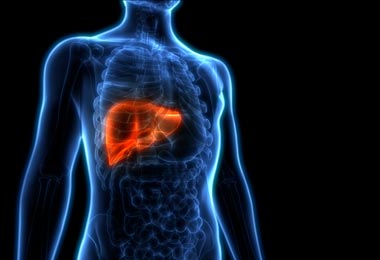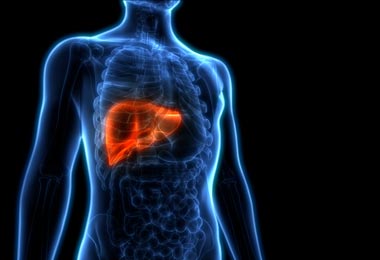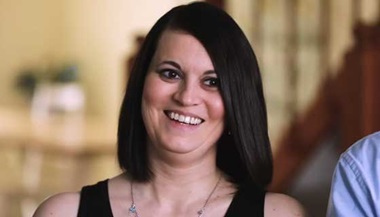Can I Get a Liver Transplant if I Have This Pre-Existing Condition?
Reviewed By:
Medical Advancements Mean More People Qualify for Liver Transplants
Over the last 20 years, advancements in disease management and breakthrough medications have dramatically increased the success rate of liver transplants. That’s not all. Andrew Cameron, M.D., Ph.D., chief of the Johns Hopkins Transplant Team explains they’ve also opened the door to more people receiving this life-saving procedure- people who, just a few years ago, might have been turned away.
Human Immunodeficiency Virus (HIV)

Until recently, patients with HIV were ineligible to receive a liver transplant. But new breakthrough antiretroviral drugs give HIV patients the ability to manage and live with the virus. Johns Hopkins researchers were instrumental in passing the HIV Organ Policy Equity Act of 2013 that overturned the National Organ Transplant Act of 1984, which banned organ donation by HIV patients. In March 2016, the multidisciplinary Johns Hopkins transplant team completed the first successful HIV-positive-to-HIV-positive liver transplant in the world and the first HIV-positive-to-HIV-positive kidney transplant in the United States. The success of the procedure has created a new pathway for HIV-positive patients to receive lifesaving organ transplants.
Hepatitis C
Nearly 4 million Americans have hepatitis C, a leading cause of liver failure requiring liver transplant. Historically, the risk of hepatitis C reappearing in a newly transplanted liver was high. However, a new, powerful antiviral drug is changing that by curing patients of the hepatitis C virus and stopping the disease from recurring in the new organ. According to Cameron, this development has created a “whole new game for folks with hepatitis C just over the last year or two.”
Autoimmune Disease
While researchers are still trying to discover what causes autoimmune disease, Cameron says that new advancements in medication positively affect the outcomes of all transplant recipients, particularly those with autoimmune disease.
“Often folks with autoimmune conditions do better after organ transplant because they are on immune suppression drugs. It calms down their immune system that caused the problem in the first place,” Cameron says.
Substance Use Disorder
Because of substantial progress in the treatment of liver disease, Cameron says that alcohol misuse may soon become the most common reason people need a transplant. Previously, patients with substance use disorder might have been ineligible to receive a new liver, but now a patient who has six months of sobriety may be eligible. “So long as the patient is willing to take good care of the new liver, we want to offer to help save their lives,” Cameron says.
Older Age
“It used to be if you were 70 [years old], you couldn’t receive a transplant,” Cameron says. “But that’s not the case anymore.” He points to the example of a transplant recipient who was “70 going on 50,” and now has many, many more years of life ahead of him.
Risk of Liver Rejection
About 50% of liver transplant patients have a likelihood of rejection in the first year after transplant. Cameron says that most people hear this and think it’s bad news- that rejection means they could lose the new liver and need a new transplant. But, he cautions, that’s not true. A rejection episode, identified by an abnormal lab test result, often occurs without the patient knowing or feeling it. If a rejection episode occurs, it can usually be fixed by adjusting medication dosages.
“For liver transplant, rejection episodes are both common and easily managed, and ultimately do not affect long term survival or good outcomes,” Cameron says.
There is little threat of total liver rejection because anti-rejection medications have become so effective over the years. Now, researchers are looking for ways to eliminate the need for post-transplant medications at all, by learning how to “trick” the immune system into accepting the new organ as if it is your own. This is the future of transplantation, Cameron says.
There is a lot of good news regarding liver transplantation, from patient eligibility to successful outcomes.
And, Cameron believes there’s more to come.
“We don’t look for reasons not to do transplants,” Cameron says. “We try to figure out ways in which we can perform life-saving transplants for anybody who can benefit from them.”

.jpg?h=500&iar=0&mh=500&mw=1300&w=1297&hash=13917C720708E55917AC90FE1ACD2FEA)





